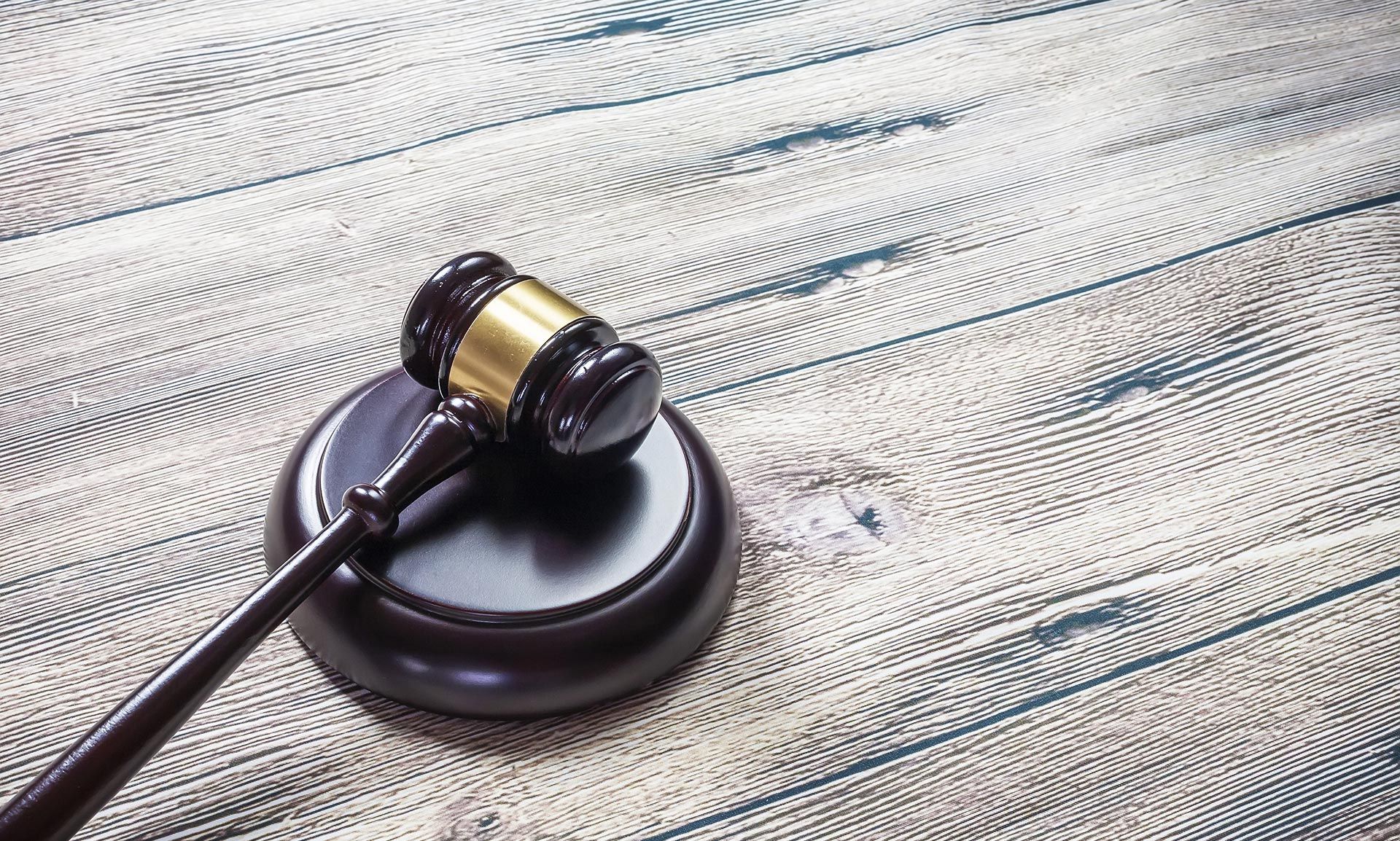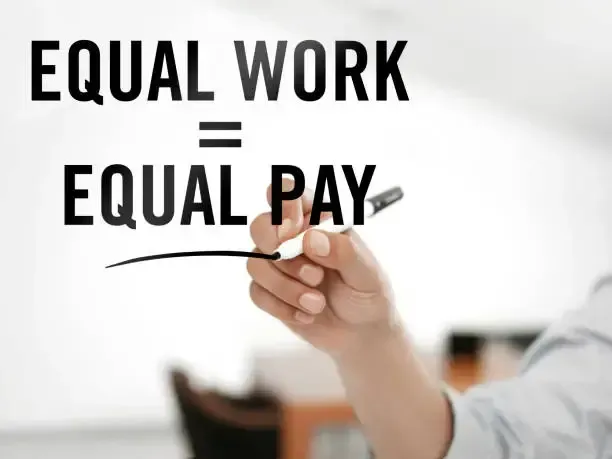What are Pleadings?

Lawsuits are often complex, and Mitchiner Law is here to make it easier to understand. So let us start by taking a closer look at some of the most common pleadings that parties will file.
Pleadings
Pleadings are formal documents filed with the court that set out the main positions of the parties, and pleading is the process of filing a document.
Each party may request additional information about the memory of its opponents, and the court may order that it be provided. The court can authorize either party to file an amended pleading that merely modifies or expands on the information provided in the document's original version. An amended response may consist of an affirmative defense not previously raised, for example.
Stages of Pleadings
At each stage, a party may submit objections to other pleadings (essentially a request that the court immediately decide on the pleadings' legal adequacy before filing a pleading in response).
Retractions
A retraction is a defendant's pleading that admits or denies specific allegations in the complaint and is a general view of the defendant.
Plea Deals
A plea deal is the initial stage of a lawsuit where the parties formally present their claims and defense. The pleading also notifies the plaintiff of the defendants' intentions concerning the lawsuit.
Additional Types of Pleadings
Other common pleadings include counterclaims, crossclaims, and responses. The procedural rules of the courts tell you what should be included in a pleading, what it should look like, where it should be filed, whether there is a filing fee, and so on.
Contact Mitchiner Law to learn more about pleadings and how we can help!











